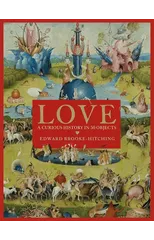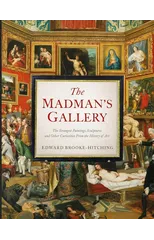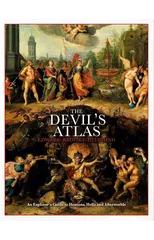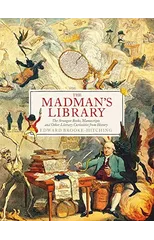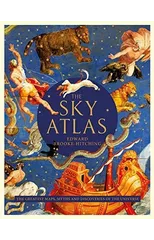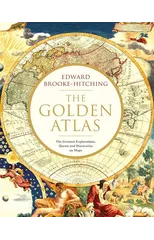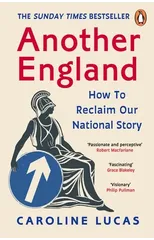The Most Interesting Book in the World
(Autor) Edward Brooke-Hitching'Charming, hilarious, and guaranteed to make you the most interesting person at any party. Or the most annoying' - Adam Rutherford Drawn from a former BBC QI Elf's lifetime's search for the weird and the wonderful, The Most Interesting Book in The World is a miscellany of things too strange to be true, yet somehow are. This remarkable treasury of tales and trivia will whisk you on a jaw-dropping journey through time and space, stopping off to marvel at only the obscure, the startling and the straight-up weird. In it, Edward Brooke-Hitching considers questions such as: Why is a cat technically a liquid and a solid? How did nineteenth-century scientists attempt to signal aliens? Why did the Dutch once eat their prime minister? Nowhere else will you find woven together the stories of the religious leader who attempted to build a robot messiah from a dining table, the anti-gravity 'air-walkers' of Victorian London, and the pirates who rode sheep; or practical advice for correctly exorcising a house and casting ancient love spells, along with recent scientific discoveries like the mould that can navigate a maze and that humans can glow in the dark. A unique hybrid of encyclopaedia, trivia and drunken-bar raconteur, all stitched together in one colossal Frankenstein volume packed full of images and photographs - this is the ultimate must-read for anyone looking to tickle the cortex of their curiosity.
Edward Brooke-Hitching
Edward Brooke-Hitching is a British author and historian known for his works on cartography, exploration, and rare books. His most notable book, "The Phantom Atlas: The Greatest Myths, Lies and Blunders on Maps," explores the history of fictional and mythical places depicted on maps throughout history. Brooke-Hitching's writing style is characterized by meticulous research and engaging storytelling, making complex historical topics accessible to a wide audience. His contributions to literature include shedding light on the fascinating world of mapmaking and the ways in which maps have shaped our understanding of the world. "The Phantom Atlas" remains his most famous work and has garnered critical acclaim for its unique approach to cartography and exploration.

